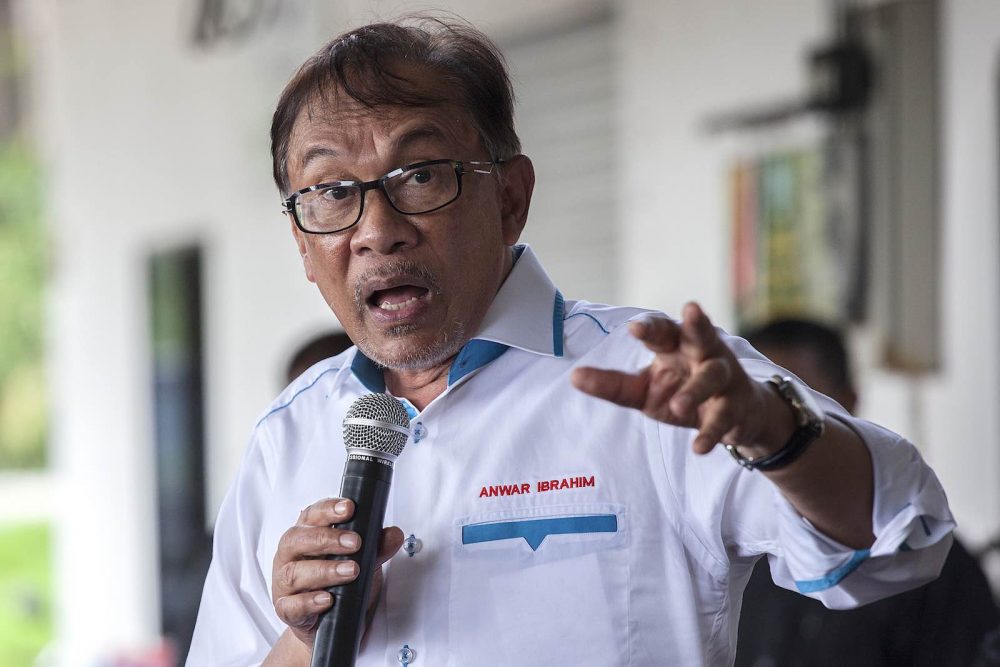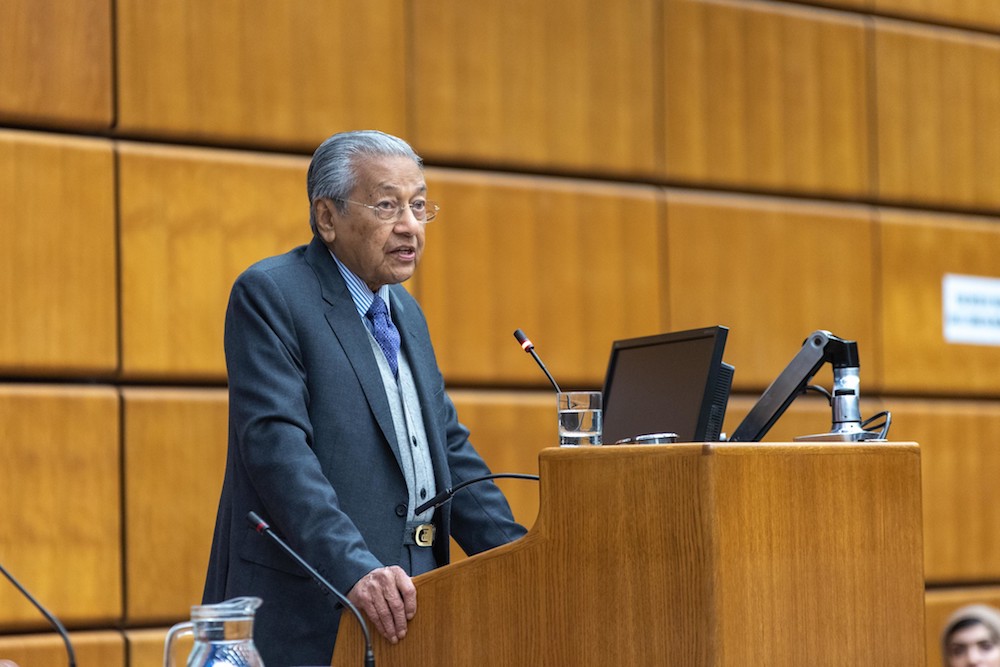Messy is the new order: Succession time in Malaysia

Given the fluid nature of coalition-making and weak party discipline, the question of who will become PM is now no longer simply a coalition decision, but a parliamentary one.
Ooi Kok Hin, The Interpreter
Rather than a personality rivalry between Mahathir and Anwar, a wider decentralisation of political power is underway.
If events go according to schedule, Malaysia is set for a leadership transition in 2020. Speaking to a Wall Street CEO conference immediately after the May 2018 election, the then–newly minted Prime Minister Mahathir Mohamad said that he will stay in office for one or two years before handing over to his pre-election designated successor, Anwar Ibrahim. Anwar has publicly said that he expects to succeed Mahathir sometime in 2020.
And yet, there has been increasingly public bickering over the succession plan. Mahathir has repeatedly assured that he will make way for Anwar, but the uncertainty and the agitation by proxies are an uncomfortable reminder of the pair’s infamous fallout in the late 1990s. Other potential rivals include Azmin Ali, the minister of economic affairs, and Hishammuddin Hussein, the former minister of defence. Azmin is also expected to challenge Anwar for the presidency of the People’s Justice Party when the party election comes in 2021.
Traditionally, it is beneficial for the incumbent premier to have multiple ambitious candidates, so that he can split the challengers and consolidate his grip on power. Except that this time, the prime minister has a natural term limit by virtue of his age. Mahathir will be 95 in 2020.

He may not wish to set a handover timetable, for fear of becoming a “lame duck”. However, this is not to say that it is all up to Mahathir. Malaysia is a parliamentary democracy, and ultimately, whoever commands the support of the majority among the 222 Members of Parliament, will become, and stay as, the Prime Minister.
What’s happening in Malaysian politics now can be seen as part of a wider shift in decentralizing the process of choosing the Prime Minister. The unwritten rules of PM appointment are such that it has historically been a decision by the few. From the 1950s to 1970s, the question of who would become the PM was mostly an individual decision by the incumbent leader. In the 1980s, the decision-making shifted to the party, specifically UMNO. In fact, Mahathir’s first reign as PM was almost cut short by a rival challenger in 1987.
It was actually Anwar’s ascent to the deputy prime minister position in 1993 that underscored this shift. Anwar was not handpicked by Mahathir to be his deputy, but successfully mounted a surprise challenge to rival Ghafar Baba in UMNO’s party election. Subsequently, the party leadership became wary, and candidates had to declare in advance their intention to contest a senior party post, thereby pre-empting any “surprise” challenge to the incumbent, as Anwar had. The party’s general assembly also passed the motion of “no contest” for the top two positions (president and deputy president) several times to avoid leadership challenges. Under these circumstances, the selection for the next several deputy PMs (Abdullah, Najib, Muhyddin, and Zahid) was made.
This has coincided with a shift in the party system. Malaysia emerged from a dominant party system into a two-party system following the 2008 election breakthrough, which saw the opposition parties gain significant representation and formed five state governments for the first time. In the 2013 election, the ruling Barisan Nasional (BN) coalition and the Pakatan Rakyat coalition each presented its PM candidate to the people: Najib and Anwar. Thus from 2008 to 2013, the question of PM candidate shifted from being merely a party decision to a coalition decision.
In the run-up to and the aftermath of the 2018 election, existing coalitions disintegrated, and new alignments were made. Currently there are two main coalitions (PH and BN) with significant third parties like PAS, GPS, Warisan, and other smaller independent or regional parties. These parties are able to switch their allegiances, and even the Members of Parliament from the parties in the two main coalitions are not strictly loyal to party discipline or toeing the party line.

